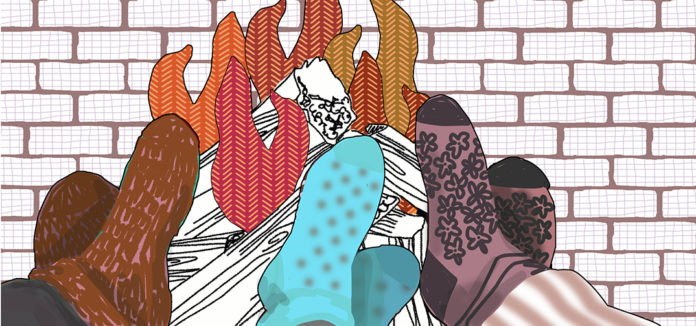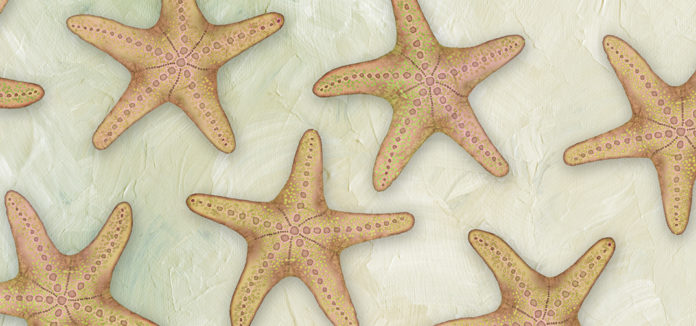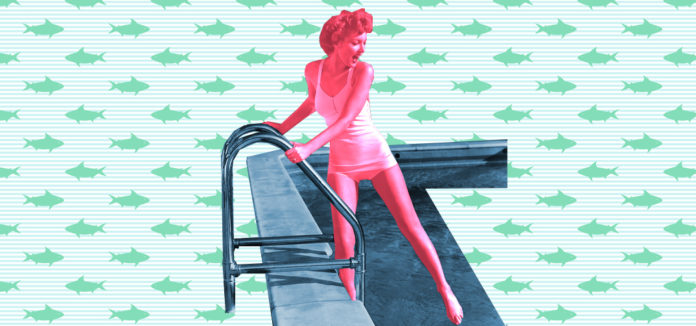Full disclosure: New Year’s resolutions are the bane of my January-February existence. In theory, they are a wonderfully positive chance to turn over a new leaf — to try to get more sleep, exercise more, spend more time with the family and less time plugged into work. In reality, for many, they are something we do for a few weeks and then can’t maintain for various reasons, legitimate or not. Either we set too many goals at once or we set unrealistic goals.
But resolutions don’t need to be wishful thinking (nor do they need to be relegated to just the January time slot, either). Here are some truly easy ways to make and keep those resolutions:
Set S.M.A.R.T Goals
There’s an art to setting goals that will make achieving them much easier. Remember this equation: Specific Measurable Align with values Realistic Time-based. So don’t just say you want to lose weight. Rather, you want to get healthier by losing 5 pounds in one month so you check your weight every morning before eating oatmeal for breakfast and walking to work.
Focus, Don’t Fix
How many of our resolutions are about changing something we don’t like about ourselves? Here’s a twist that will help maintain that goal: focus on the positive and choose a resolution around something that you’re good at. For instance, if you love art, resolve to go to the museum once a month or paint more. If you love playing tennis, commit to a doubles group.
To Fail is Human (and Good For You)
There’s no reason to scrap an entire goal because you missed a few workouts, ate a donut or smoked a cigarette. Put it in perspective — did you ace every test in school? Figure out what you did wrong and “fail better,” learn from your mistakes and come up with a new strategy that will serve you all year long. And maybe allow yourself a little leeway so you’re less likely to completely give up.
The Little Engine That Could Was Right
Saying “I think I can, I think I can” translates into a deep-seeded belief in one’s capabilities and ultimately, one’s well-being. It’s the self-efficacy theory. Believing you can accomplish what you want is more than just a mindset. It’s a path to success.
Time Check
It’s time to spend more time doing things that we value doing — it’ll be healthy for us. (And no, watching tv, playing video games and working are not on that list. Most people say they feel unsatisfied after doing them.) Time well spent can be anything from spending time outdoors, in charitable activities, socializing with friends and family and yes, relaxing or just daydreaming. Write down the three most important things in your life — and then do them.
I wish you all the best,
Dr. Samantha Boardman







